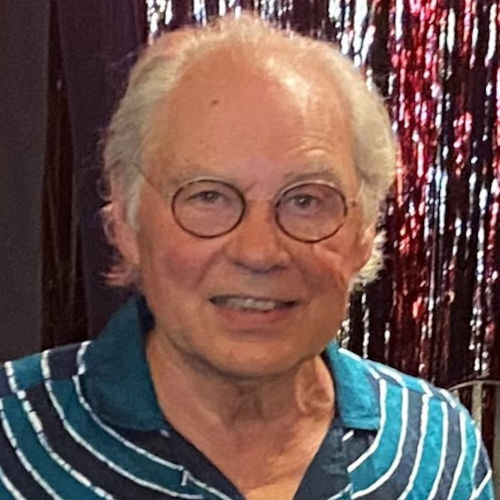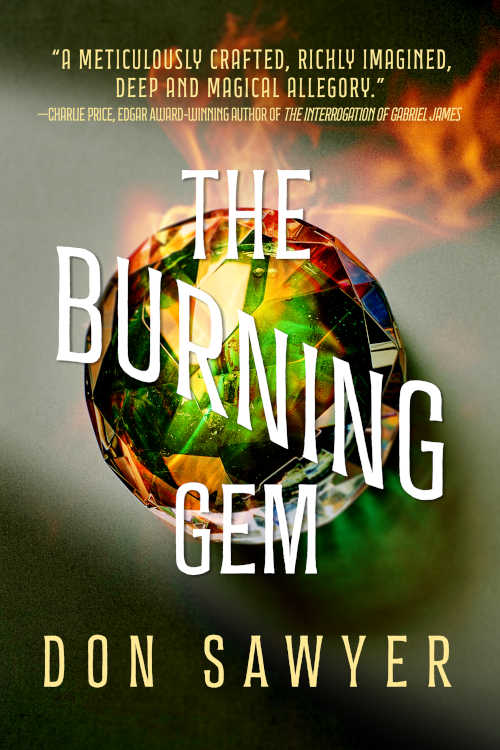I taught high school in Canada. This social injustice filled me with so much rage, I wrote a book about it
 After many successful books, this author has found that readers relate better to a story that is charged with emotion and infused with passion.
After many successful books, this author has found that readers relate better to a story that is charged with emotion and infused with passion.
by Don Sawyer
I was recently asked by blog host Kristin Marquet about the primary motivation for my writing and what most informed it. I was surprised at my conclusion: passion.
 Not so much passion for writing itself—though that helps—but passion for the characters I am portraying or the story I am telling. Most of my writing comes from an issue or experience I feel strongly about. My determination to share my outrage, joy, admiration, sense of social injustice—these are what power my writing and demand that it be done well.
Not so much passion for writing itself—though that helps—but passion for the characters I am portraying or the story I am telling. Most of my writing comes from an issue or experience I feel strongly about. My determination to share my outrage, joy, admiration, sense of social injustice—these are what power my writing and demand that it be done well.
After teaching in a predominantly Native high school in British Columbia, I took away a slow-burning anger at the crushing impacts of colonialism I saw everywhere—in the school and in the community—on the young Native kids I was teaching. I wanted to show how the mismatch between the home and community of the students and the rigid, irrelevant, hierarchical structure of the school devastated kids already struggling with identity and whose families were often shattered by violence and substance abuse.
Books & Buzz Magazine is where writing pros spill their secrets! Subscribe now for free
And so I wrote my first young adult novel, Where the Rivers Meet, based on my experiences, the plot propelled by that anger. In the book, the ability to fight back came from the students’ traditional teachings and from their elders. The central character led a strike at the school. They were mad as hell and they weren’t going to take it anymore.
The story fairly blazed with rage, because that is what fueled me as I wrote the book. When I submitted the manuscript to a publisher (who had published a previous book of mine with great success), the editor wrote back and said the young woman main character was “too sophisticated in her analysis” and the actions of the students “not believable.”
The publisher didn’t get it. But my passion to explore the injustices I experienced and their impacts on Native young adults wouldn’t let me give up. I submitted it to a small, First Nations–owned press, and they took it immediately.
When I submitted the manuscript to a publisher, the editor wrote back and said the main character was “too sophisticated.” She didn’t get it.
The book was a huge success, not just with critics, but more importantly with Native students across Canada. It sold 20,000 copies in ten printings. Students using the book in their classrooms or reading it on their own sent me letters about how they related to the story. (One reader commented, “This is the only book I’ve ever started and actually finished.”) That character who was too angry, too sophisticated? Apparently not. “A lot of the book reminded me of when I was going to school, the racism,” another student wrote. “But the only thing different from me and Nancy is that she did something and I quit. But now I’m back to school and this time I’m going to do it.”
That passion that drove me to write the book also permeated the characters and charged the setting. That’s what made it work.
Virtually every book I’ve written has been (more or less) a work of passion. To tell the story of courageous men and women overcoming the social adversities that would (and do) crush most people in their situation (The Buckle, Frozen Tears). Or of students whose imagination and creativity shamed the classrooms they were trapped in (Running, Where the Rivers Meet). And in my latest novel, The Burning Gem, I was motivated to name the forces that undermine democracy through division, catering to the “tribal drive,” and legitimizing inequality.
I suspect many writers, like me, draw from their passions to bring their characters alive, draw conflicts that vibrate with tension, and build on themes that readers care about. But we may not fully understand its centrality to our writing. For me it took a random question from a blogger.
Thanks, Kristin.
 Don Sawyer, writer and educator, grew up in Michigan and moved to Canada in the 1960s. He has published many curriculum collections and books, including the best-selling young adult novel Where the Rivers Meet and Tomorrow is School and I am Sick To The Heart Thinking About It, a non-fiction account of his first teaching experiences in rural Newfoundland. His essays have appeared in most of Canada’s major daily newspapers. Don was never a very good boxer, but he continues to train in the ring and walk in the woods whenever his hips don’t hurt too much. He currently lives in southern Ontario with his very tolerant wife.
Don Sawyer, writer and educator, grew up in Michigan and moved to Canada in the 1960s. He has published many curriculum collections and books, including the best-selling young adult novel Where the Rivers Meet and Tomorrow is School and I am Sick To The Heart Thinking About It, a non-fiction account of his first teaching experiences in rural Newfoundland. His essays have appeared in most of Canada’s major daily newspapers. Don was never a very good boxer, but he continues to train in the ring and walk in the woods whenever his hips don’t hurt too much. He currently lives in southern Ontario with his very tolerant wife.
Visit Don’s website to learn more.